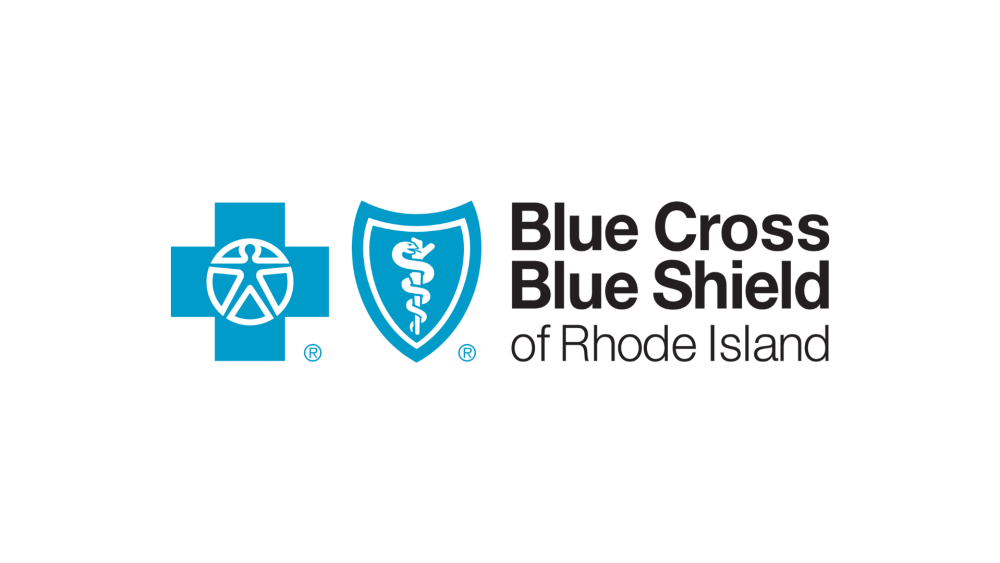STEAM Box is a Rhode Island-based nonprofit after-school program designed to empower students through hands-on, student-led learning in science, technology, engineering, arts, and mathematics. STEAM Box collaborates with local schools, educators, and community organizations to provide these creative services.
The program’s unique approach blends mentorship with hands-on learning in science, technology, engineering, arts, and mathematics (STEAM), and one of its most powerful tools is podcasting. The program gives students the tools, guidance, experience, and voice to explore their interests and broadcast their stories to the world through social media.
How does a typical podcasting session begin?
Simple—pizza. Pizza and snacks come first because a full belly fuels the creative process. But what really fills the room is Roberto Gonzalez’s sense of warmth and the feeling of home he creates for the students at STEAM Box. He’s built a space where teenagers feel safe, heard, and inspired. The podcasts are fully student-led, and Gonzales ensures every voice in the room is heard. “He actually listens and understands...if there’s any trouble, he always finds a way to either be a mediator or just be support, be a great source of support,” says STEAM Box member and student Brissia Rodriguez Reyes.
At the start of each podcast session, Gonzales gives students the opportunity to choose the guest for that week’s show. Once the guest is confirmed, students are provided with background information to help them prepare. From there, they take the lead, building a list of interview questions based on their findings.
Gonzales’ student-centered teaching style may be unconventional, but that’s the point. When the teacher steps aside and lets students lead, magic happens.
John Eunis says he wanted nothing to do with school—until he joined STEAM Box and launched a camera into space to photograph Earth. That one project, influenced by Star Wars, Halo, and outer space, became the spark that kept him in school and eventually led him to the Worcester Polytechnic Institute.
Thanks to the success of this model, the STEAM Box podcast sessions haven’t just thrived—they’ve gone global. With the right mix of support, autonomy, and creativity, Gonzalez and his students are showing that classrooms can be so much more than places to memorize facts. They can be launchpads for voices that need to be heard.
This story is part of our Finding Hope Project. Finding Hope is generously sponsored by Blue Cross & Blue Shield of Rhode Island. Blue Cross & Blue Shield of Rhode Island is an independent licensee of the Blue Cross & Blue Shield Association.














